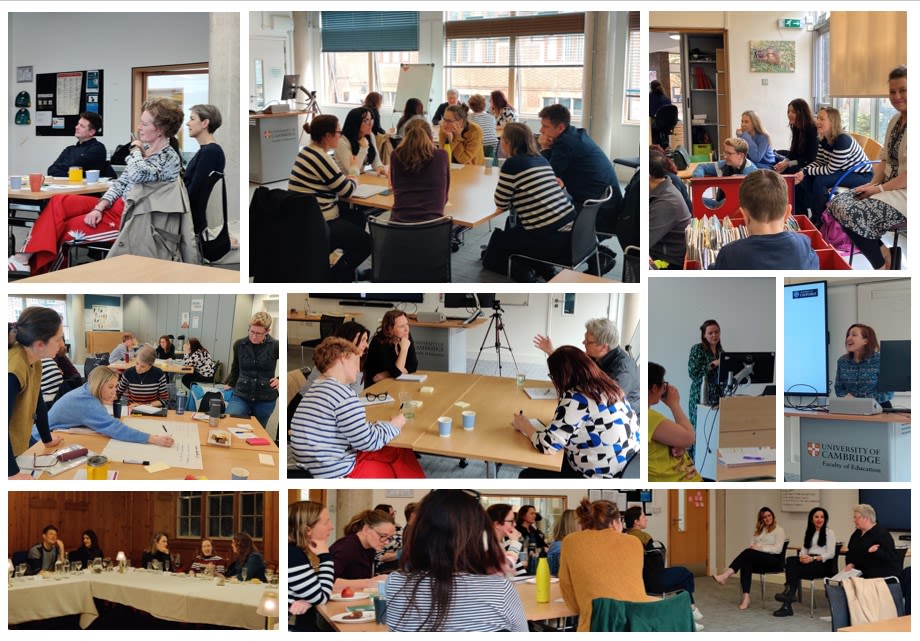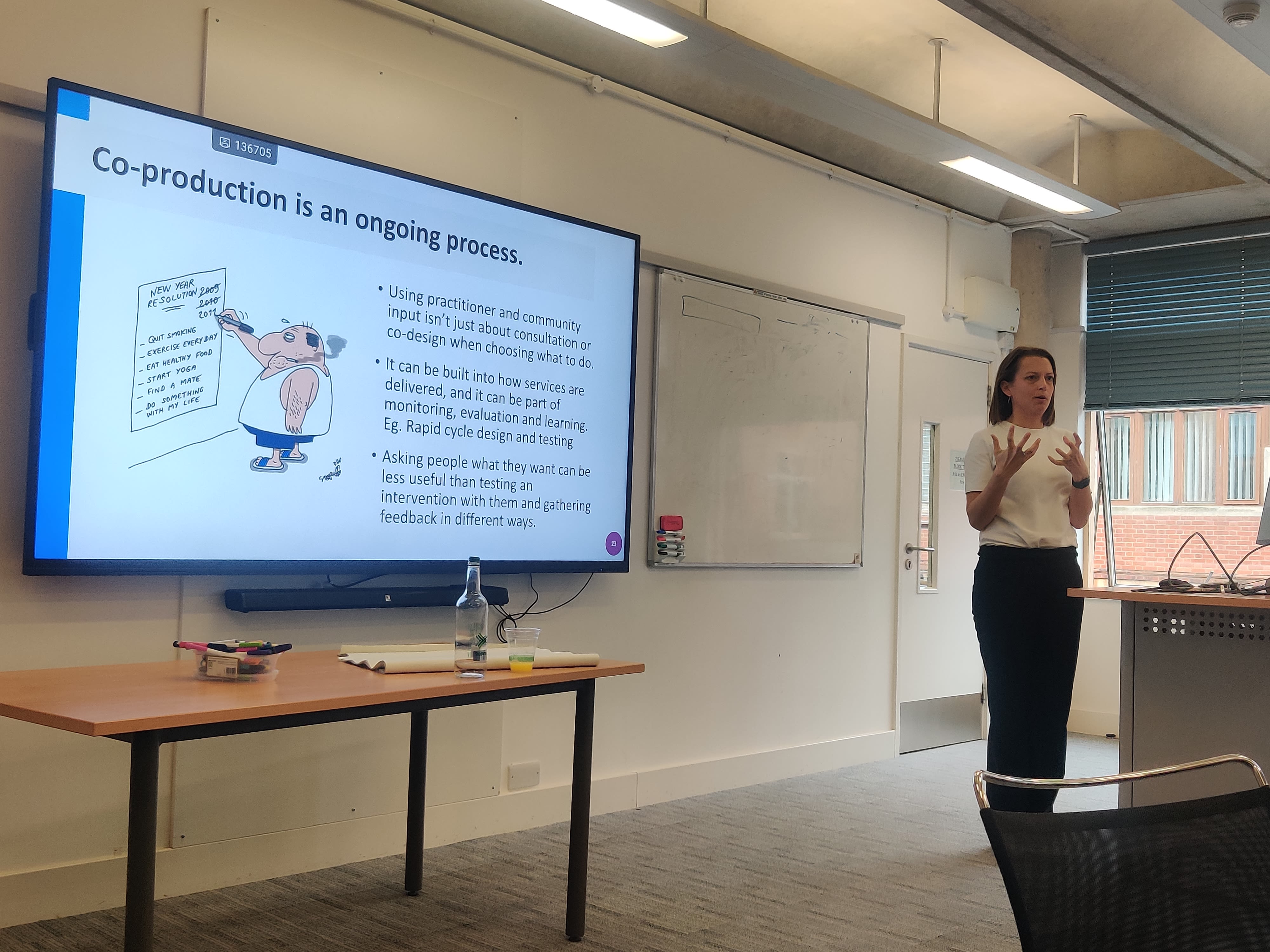

Pivot to ‘knowledge mobilisation’ could strengthen links between research and policy, report finds

A pilot programme that reimagined the relationship between university research on early childhood, and government policy, has transformed how the participating civil servants and local leaders use academic evidence.
The Mobilise programme was developed by the University of Cambridge’s Centre for Research on Play in Education, Development and Learning (PEDAL). It took a fresh, practical approach to bridging the gap between social research and the work of policy actors.
Instead of simply sharing new findings from the centre, the Centre invited 15 professionals to join a programme of activities over six months, tailored to their work priorities. To enhance engagement, it emphasised face-to-face relationship building within the cohort and with academics, while also employing mixed learning methods, such as podcasts, videos, and visits to nurseries; enabling the participants to explore new ideas both in theory and practice.
An evaluation by the PEDAL team has now found that not only did the approach deepen participants’ understanding of early childhood development; it also increased their ability to advocate for evidence-based policy change. The report highlights the knowledge, confidence and sense of purpose professionals gained from the experience. One called it “energising and inspiring”, while another reflected: “At times, I could feel my brain architecture shifting as the learning altered the way I viewed and experienced the world.”
"Instead of operating as a research centre sharing our latest findings, we became more like teachers, convening and curating information to support policymakers in their work."
Mobilise sought to address the widely-recognised disconnect between academia and policy. Like many areas of university research, child development studies often make positive recommendations, but these rarely lead to concrete policy change.
One of the main reasons for this is cultural differences. For example, civil servants often lack time to seek out and interpret research. Equally, several studies have pointed out that public and policy engagement in Higher Education is often viewed as an ‘optional extra’. While universities sometimes disseminate research findings as policy briefings, there are few incentives or resources for deeper engagement.
Mobilise deliberately moved away from the traditional dissemination model, adopting what the report terms “knowledge mobilisation”. This involved curating a body of research in response to specific policy challenges identified by the participants, and then creating opportunities for varied, but sustained, engagement with that material to support action.
Sally Hogg, PEDAL’s policy fellow, said: “Instead of operating as a research centre sharing our latest findings, we became more like teachers, convening and curating information to support policymakers in their work. Our evaluation shows that civil servants and academics can gain a lot from sustained and meaningful collaboration, but there has to be willingness on both sides to make it work.”
The programme included three ‘accelerator’ days in Cambridge. During the first day, participants were introduced to current evidence in early childhood development. Thereafter, the course evolved based on their specific needs and feedback. They received customised packages of research evidence, and had opportunities to consult with academics, visit nurseries and family centres, and meet both formally and socially, in-person and online. A podcast was also produced to accompany the course, in which Hogg interviewed policymakers and politicians about how research can be used to improve children’s lives.
One academic described it as “part training course, part support group, part mentoring opportunity, part network” – and completely unlike anything they had done before.
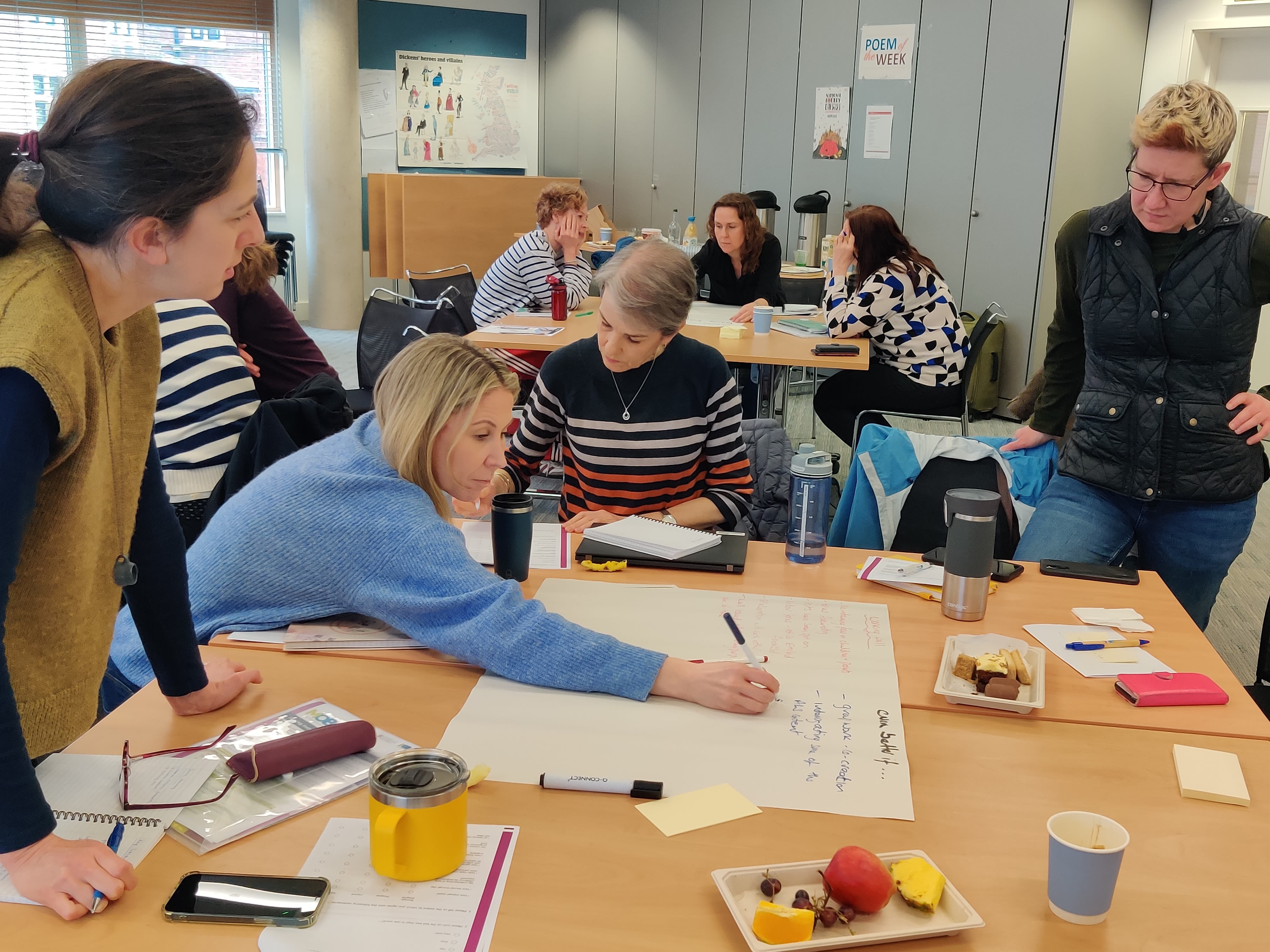
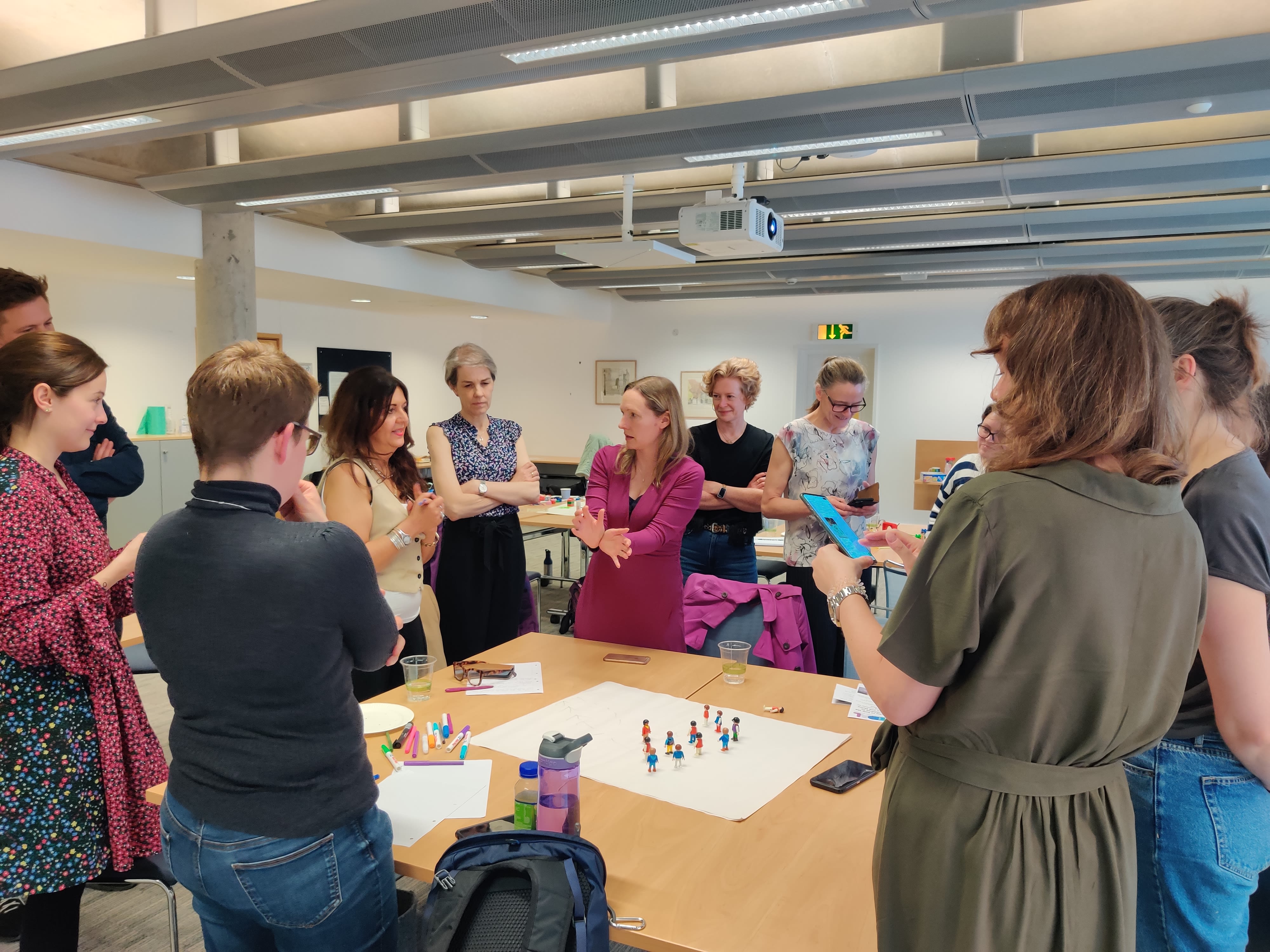
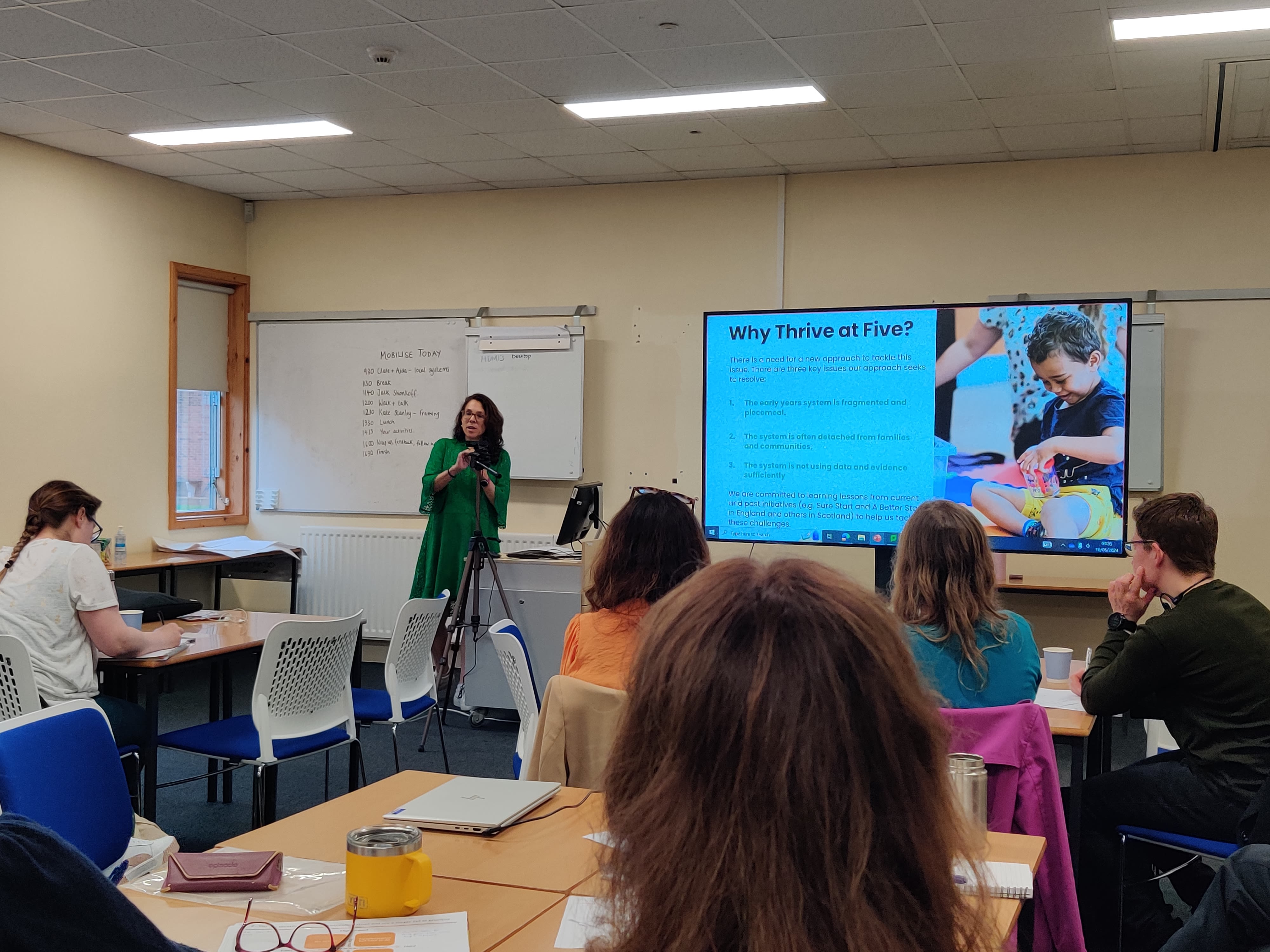
"Mobilise has helped us make the case for childcare policies which focus on supporting the relationship between parents and children in the earliest years, rather than focusing on getting parents into work."
PEDAL’s evaluation suggests that Mobilise had a significant effect in three areas that are essential to behaviour change: the participants’ capability (knowledge and skills); the ‘opportunity’ (or time, resources and support) to shape change, and their motivation.
At the start of the programme, for example, none of the participants strongly agreed with the statement: “I have the internal capability to drive evidence-informed change for children in my work”. By the end, however, 11 of the 15 did. They were also asked to self-assess their knowledge levels in relation to 17 key topics before and after; the results showed both a general improvement and very strong gains in specific areas, such as early cognitive development and the economics of early childhood.
Questionnaires with participants, their colleagues and line managers revealed a significant upswing in their ability to use research to advocate for children in policy discussions. Many felt more confident working with senior leaders and ministers as a result. “Mobilise has helped us make the case for childcare policies which focus on supporting the relationship between parents and children in the earliest years, rather than focusing on getting parents into work,” one told the PEDAL team.
For many, the programme’s emphasis on relationship-building was a standout feature. The cohort involved a mix of national and local policy actors from different services. Participants said this enabled new, meaningful professional relationships to develop both within the cohort, and between the academics and organisers.
Average self-reported job satisfaction, scored out of 24, rose from 18.5 to 20 during the course. “It’s opened up a whole new world for me,” one participant said. “I feel more confident and able to push for evidence-based policies and make the case for change.”
The least effective part of the course turned out to be PEDAL’s weekly mailshots, which participants rarely had time to read during the working day. Tellingly, this mirrored the standard university practice of disseminating research and – as the report puts it – “hoping that people will use it”. The authors suggest that: “this approach is not fit for purpose if we want to ensure evidence can inform policy”.
“Mobilise showed that with thoughtful design, dedicated funding and specialist expertise, it is entirely possible to overcome the university-policy gap,” Hogg said. “This should not be exceptional, and being responsive to policy makers should not be ancillary to what universities do if they really want their research to make a difference to children and families.”
The report, published 14 October, is available at https://www.pedalhub.net/.
Images: Lead image, Yan Krukau, via Pexels. All other images credit: Sally Hogg/PEDAL Research Centre.
